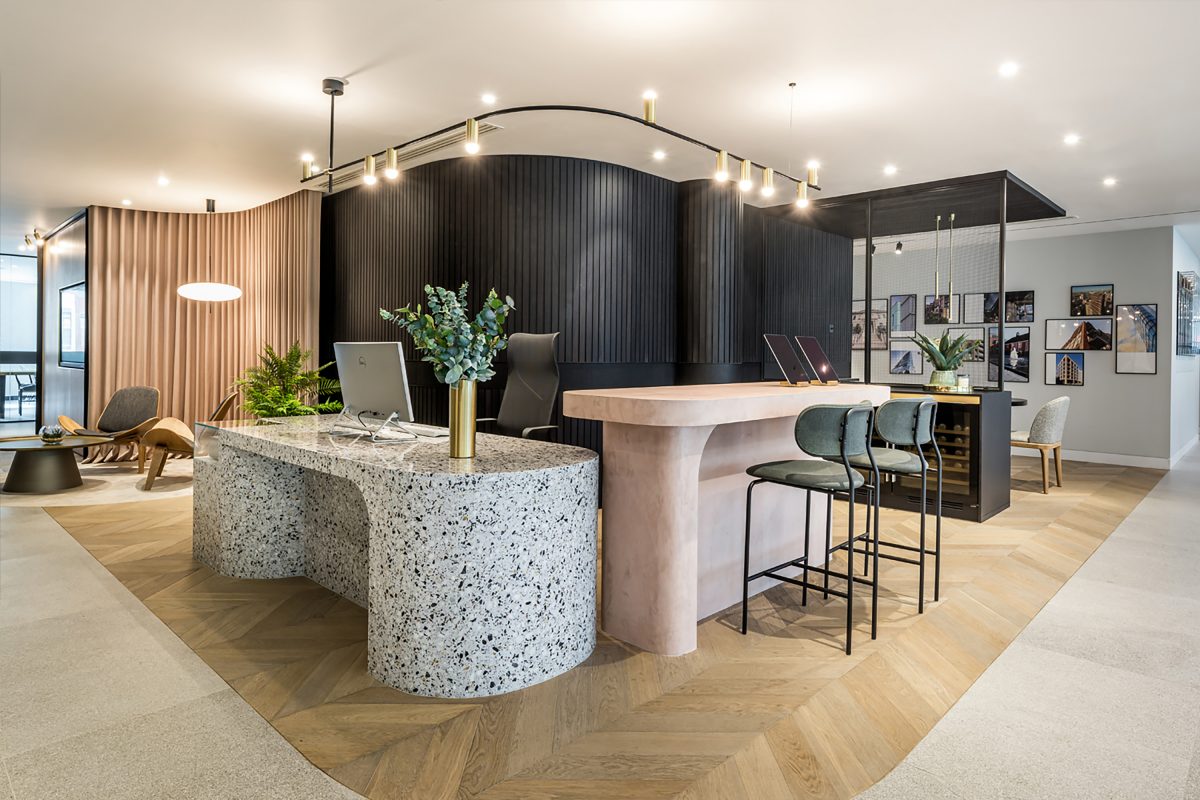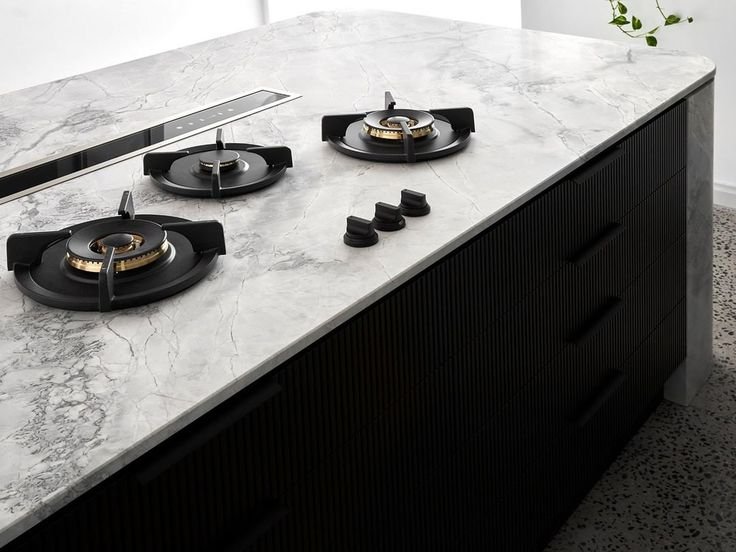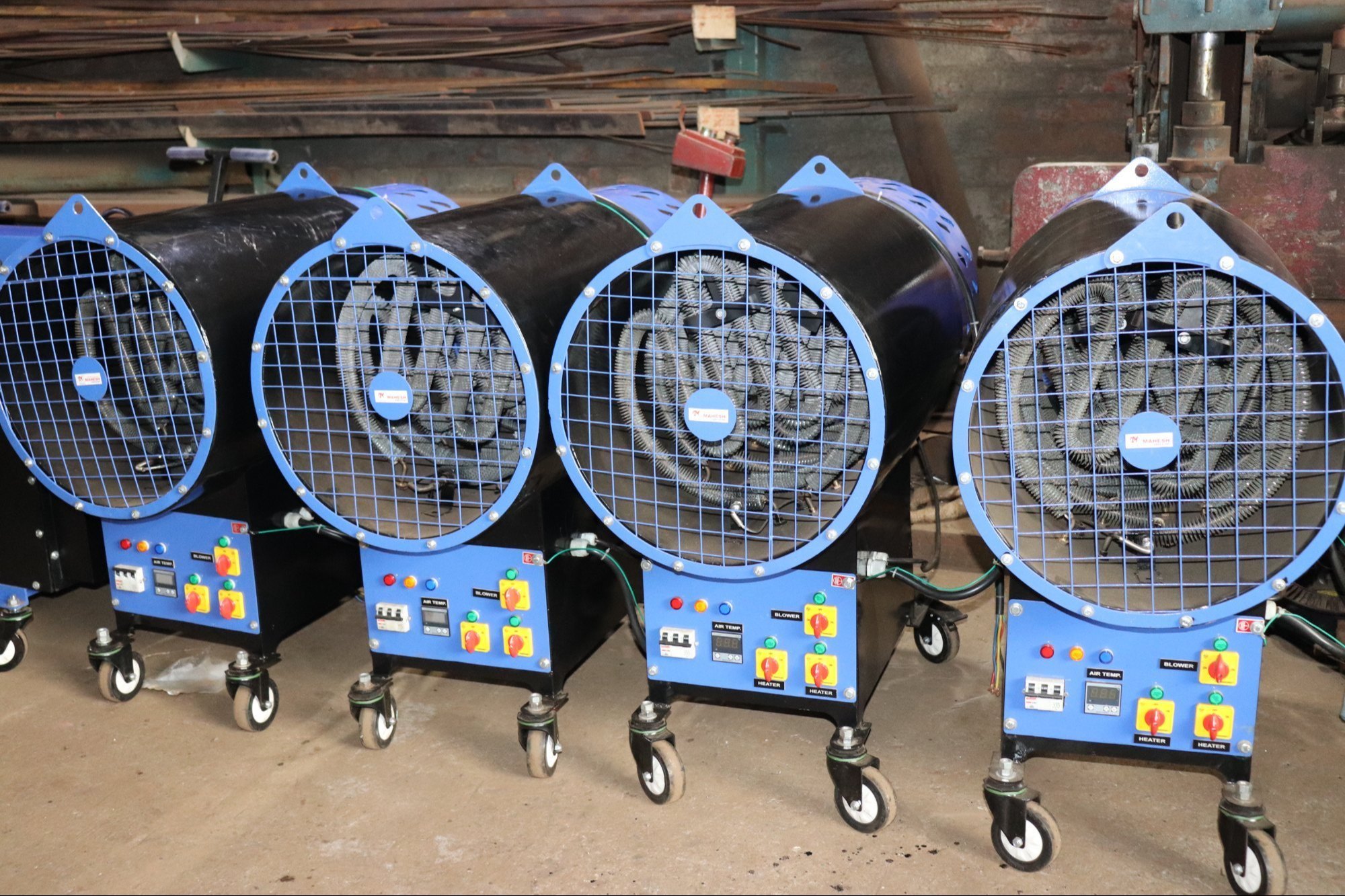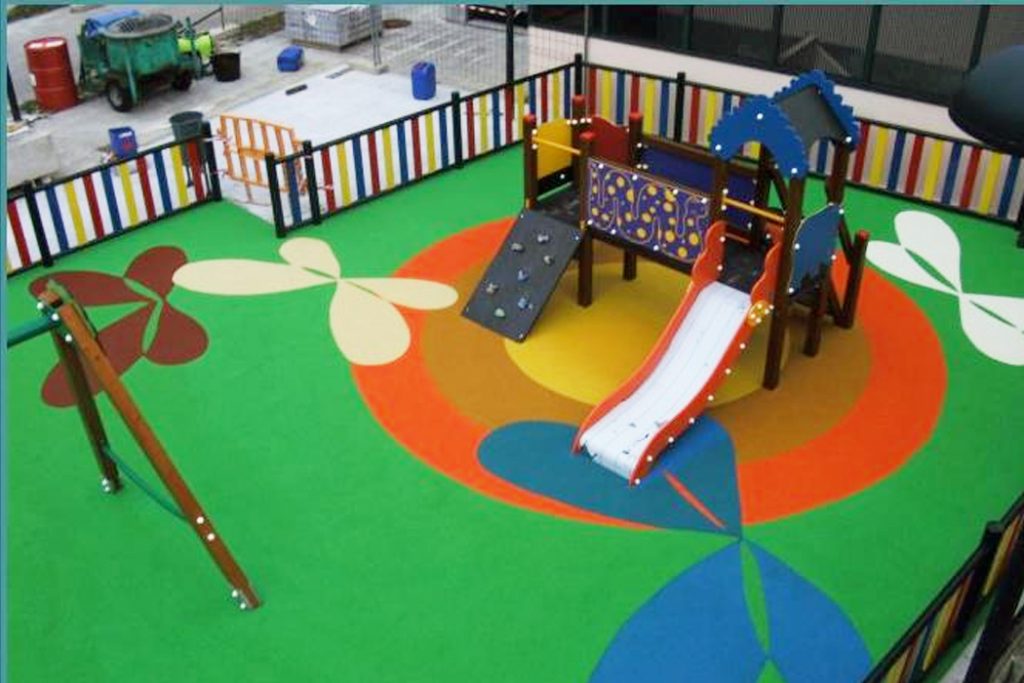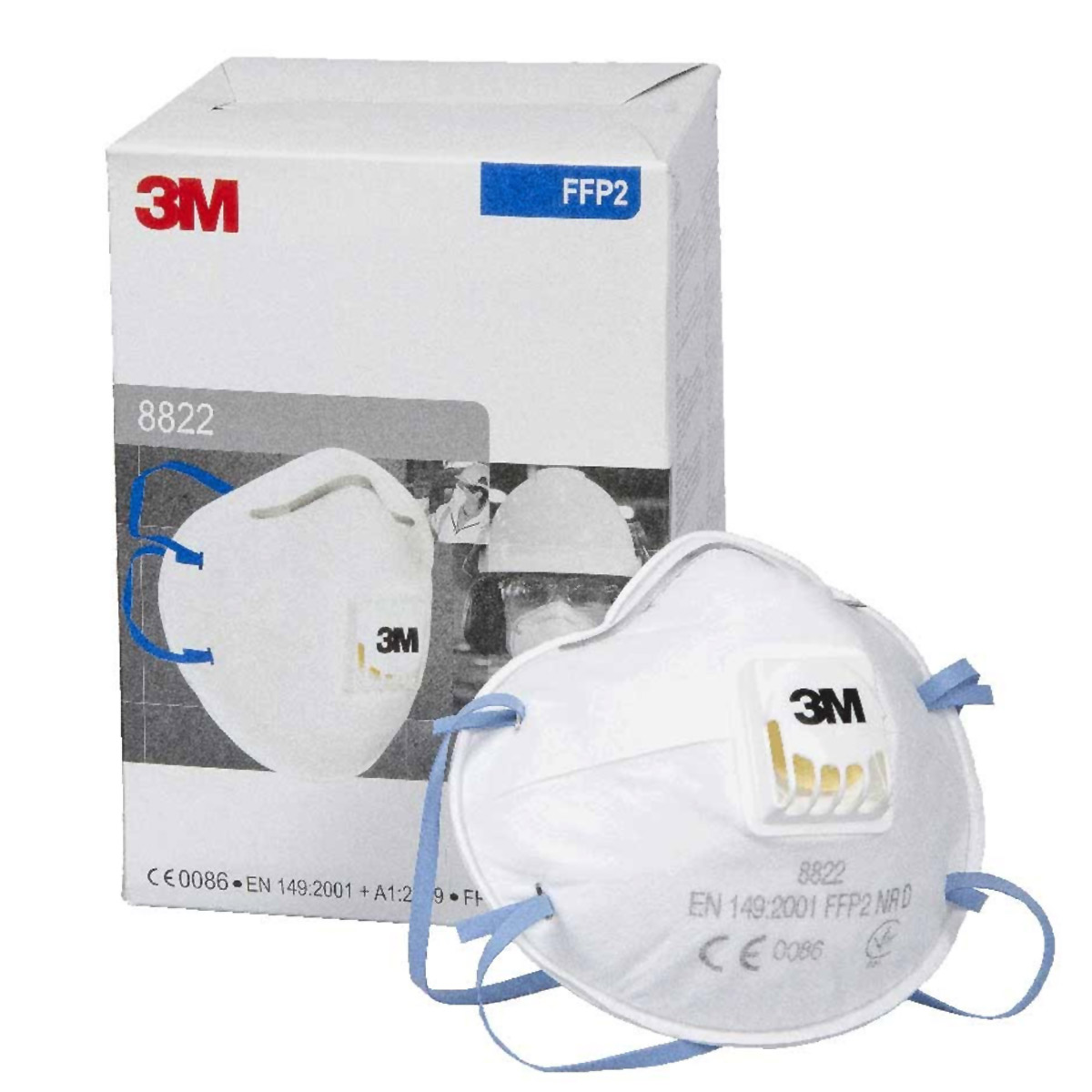How to Choose the Right FRP Supplier in Malaysia
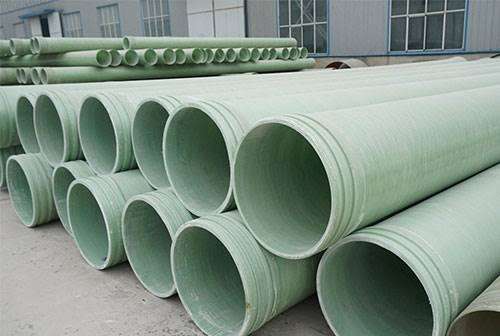
Strong 8k brings an ultra-HD IPTV experience to your living room and your pocket.
Fibreglass Reinforced Plastic (FRP) is quickly becoming a preferred material across various industries in Malaysia due to its strength, durability, corrosion resistance, and lightweight properties. From construction and marine applications to oil & gas and wastewater treatment, FRP products are everywhere. However, selecting the right FRP supplier is crucial to ensuring product quality, project efficiency, and long-term value.
Here’s a comprehensive guide on how to choose the right FRP supplier in Malaysia:
1. Assess Their Product Range
A good FRP supplier should offer a comprehensive range of products to cater to different project needs. Look for a supplier that provides:
- FRP gratings (moulded and pultruded)
- FRP handrails, ladders, and platforms
- FRP pipes and tanks
- Custom FRP fabrications
The broader the selection, the more likely the supplier can meet both your standard and specialised requirements. This ensures you won’t need to deal with multiple vendors, saving time and coordination costs.
2. Check Product Quality and Certifications
The quality of FRP materials can significantly vary. A trustworthy supplier should use high-grade raw materials, advanced manufacturing techniques, and consistent quality control processes.
Ensure their products conform to international standards such as:
- ASTM (American Society for Testing and Materials)
- ISO certifications
- OSHA and ANSI compliance (especially for gratings and safety components)
You can also request test reports or data sheets to verify mechanical properties like load capacity, corrosion resistance, and fire retardancy.
3. Evaluate Industry Experience and Reputation
A supplier’s track record can tell you a lot about their reliability and capability. Look for companies that have been in the FRP business in Malaysia for several years and have experience serving various sectors such as:
- Construction and infrastructure
- Oil & gas
- Marine and offshore
- Chemical processing
- Water and wastewater treatment
Check their portfolio or case studies to see what projects they’ve supplied to. Positive reviews, client testimonials, and repeat customers are all strong indicators of credibility.
4. Customisation Capabilities
Not all FRP projects are standard. Often, you may need custom sizes, colours, load ratings, or shapes for specific installations. A supplier with in-house engineering and fabrication capabilities can customise FRP products according to your design requirements.
This flexibility is particularly useful when dealing with complex architectural or industrial designs, where precision and adaptability are crucial.
5. Delivery and Lead Time
Timely delivery is vital to avoid project delays. A reliable FRP supplier should be able to commit to realistic lead times and have proper inventory or production planning systems in place.
Prefer suppliers with a local presence in Malaysia, as they are more likely to deliver quicker than overseas vendors. Also, ask about logistics support – some suppliers offer delivery, unloading, and even installation services, which can streamline your project timeline.
6. Technical Support and Customer Service
Beyond just selling products, the best FRP suppliers offer technical guidance and after-sales support. Whether it’s helping you choose the right grade of FRP or advising on installation procedures, a knowledgeable support team can make a huge difference.
Choose a supplier who is responsive, transparent, and willing to walk you through every stage – from product selection to project completion.
7. Price vs Value
While price is always a consideration, the cheapest option may not be the most cost-effective in the long run. Poor-quality FRP can fail prematurely, resulting in higher maintenance or replacement costs.
Instead, focus on value – this includes material quality, supplier expertise, technical support, and warranty coverage. Some reputable suppliers in Malaysia also offer volume discounts or long-term supply agreements that can improve cost efficiency over time.
8. Compliance with Local Standards and Project Requirements
Ensure that the FRP supplier is familiar with Malaysian regulations, industry practices, and safety requirements. This is particularly important for infrastructure, public utilities, or government projects where compliance with CIDB, SIRIM, or other local bodies might be mandatory.
A supplier well-versed in local compliance can help avoid regulatory issues and ensure smoother approvals and inspections.
9. Sustainability and Environmental Responsibility
As Malaysia progresses towards more sustainable development goals, choosing an FRP supplier with eco-friendly practices can align with your company’s ESG goals. Ask whether their materials are recyclable or manufactured using sustainable processes.
Some advanced FRP products are made with reduced emissions and lower environmental impact, contributing to greener building and infrastructure projects.
Final Thoughts
Choosing the right FRP supplier in Malaysia requires a strategic approach that balances quality, reliability, technical expertise, and cost. By thoroughly evaluating your options based on the criteria above, you can ensure a strong and lasting partnership that supports your project’s success.
Don’t rush the decision—invest time in researching, comparing, and speaking directly with potential suppliers. A dependable FRP partner can not only deliver excellent products but also offer ongoing value for your future projects.
Note: IndiBlogHub features both user-submitted and editorial content. We do not verify third-party contributions. Read our Disclaimer and Privacy Policyfor details.



